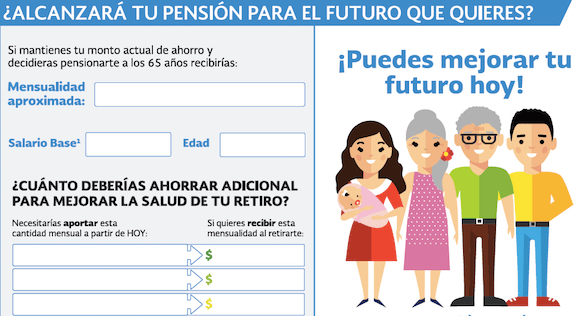
21 Million Paths to a More Secure Retirement
by Juan David Robalino & Andrew Fertig
Retirement savings are a serious challenge in Mexico. With a low overall participation in the formal pension system and one of the highest rates of elderly poverty in the region, it is essential for workers to make voluntary savings to ensure their financial health during retirement. Unfortunately, less than 1% of account holders actively save […]










